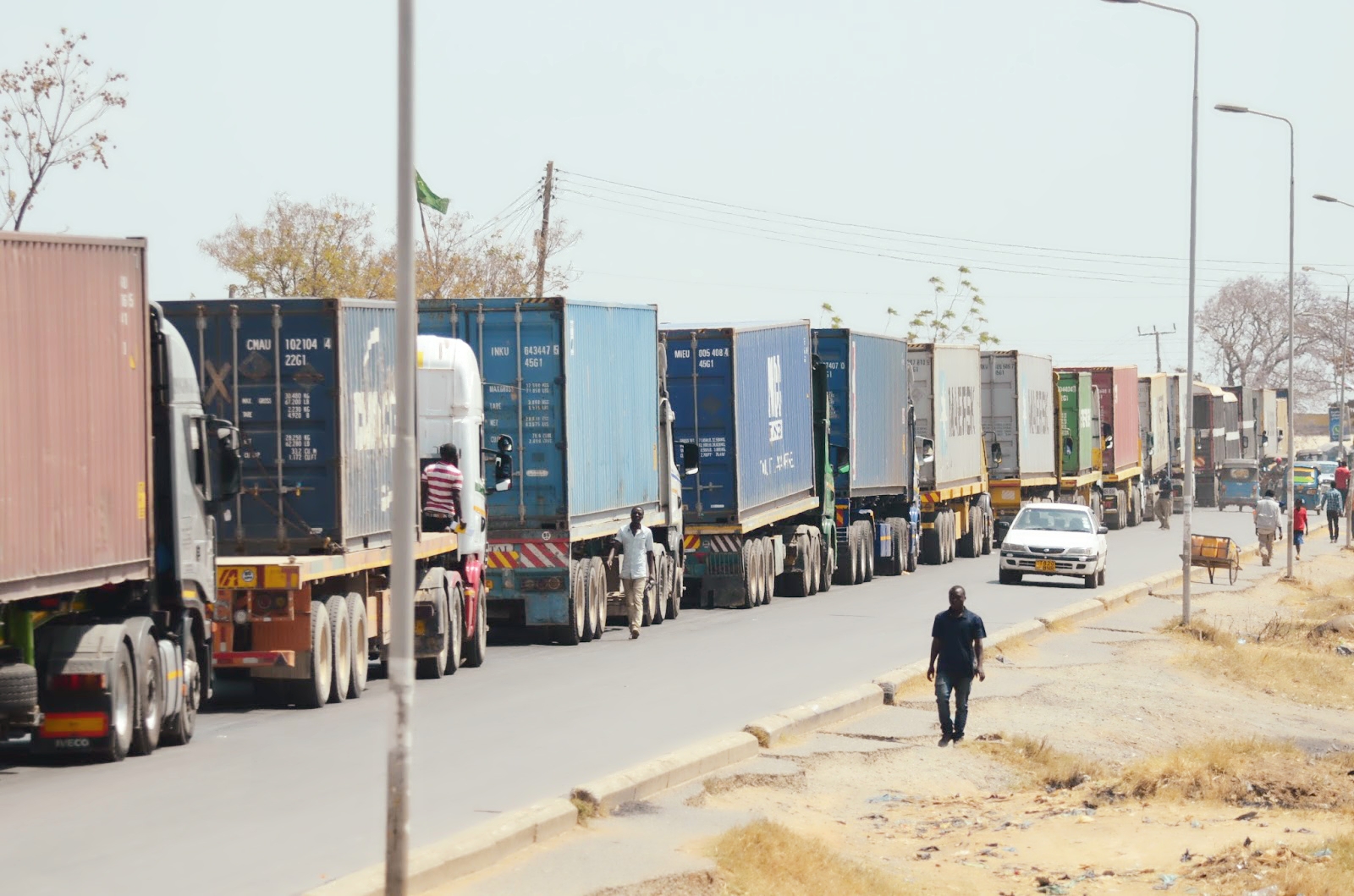Ngorongoro to welcome 800 women for special tourism tour

Products in Tanzania are supposed to be labelled either in English or Kiswahili. PHOTO | FILE
What you need to know:
- Registered women will have the opportunity to experience the area, meet other women working in the tourism industry, and see firsthand the investment opportunities available for boosting both their own and the sector’s economy
Arusha. The Ngorongoro Conservation Area Authority (NCAA) will welcome over 800 women for a special tour of the conservation area, during which they will explore its tourism attractions and investment opportunities.
The one-day tour, organised by the NCAA in collaboration with Tanzanite Cooperate Tourism Company, will take place on 7 March 2025, a day before the global observance of International Women’s Day.
Speaking to journalists yesterday, NCAA Assistant Conservation Commissioner Mariam Kobelo highlighted the significance of the event, which aims to connect women with successful peers in the tourism sector while also showcasing investment opportunities.
“In celebration of International Women’s Day, we have arranged a one-day tour within the Ngorongoro region, which is rich in tourist attractions.
Registered women will have the opportunity to experience the area, meet other women working in the tourism industry, and see firsthand the investment opportunities available for boosting both their own and the sector’s economy,” Ms Kobelo explained.
She said that registration is already underway at their offices, with 800 women expected to sign up. The tour fee is set at Sh170,000, covering entrance fees, breakfast, lunch, transportation, a tour guide, and a special cap for the event.
“This tour is designed to recognise and value the significant contributions of women in the tourism sector, led by our own President Samia Suluhu Hassan, who has played a key role in restoring the status of our tourism industry following the challenges posed by the Covid-19 pandemic,” she added.
Eline Mwangomo, Director of Tanzanite Cooperate Tourism Company, the event’s partner, confirmed that all tour vehicles will depart from the Regional Commissioner’s office at noon on Friday, 7 March 2025, heading to Ngorongoro Conservation Area and returning in the evening.
A representative from the office of the Arusha Regional Commissioner, Ms Thabea Mollel, urged women from different regions to arrive a day before the tour to avoid any logistical disruptions.
The International Women’s Day celebrations will take place on 8 March 2025, with the national event being held in Arusha and led by President Samia Suluhu Hassan.




